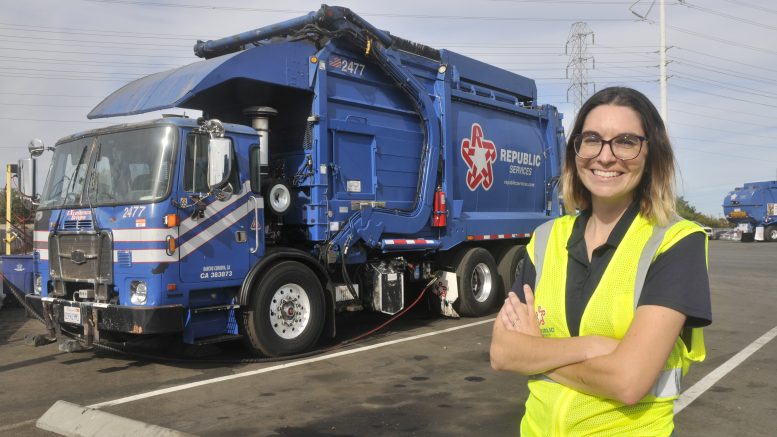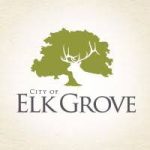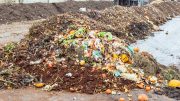Closed-loop recycling provides new uses for Elk Grove’s organic waste
By now, most Elk Grove residents are used to sorting their garbage into separate bins, tossing organic waste such as scraps of food and grass clippings in one container and soda cans and bottles in another.
But what people may not know is what happens to that garbage, especially the organic waste, once haulers take it away.
The answer is there are disposal companies in California engaging in what is known as “closed-loop” recycling, which is turning all that waste into useful, new products that could benefit the state’s economy for years to come.
One example of closed-loop recycling takes place at Republic Services’ Elder Creek Transfer Station in unincorporated Sacramento County.
“To really see the intended effects on our planet and on the economy, we need everyone to buy in.”
Annah Rulon, municipal sales manager at Republic Services
Through its contract with the City of Elk Grove, Republic Services offers curbside trash and organic waste collection and recycling for some 52,000 homes.
Food waste can and should be included in green bins, a habit that is still catching on with residents.
“For residents, the bulk of what’s in their organics cart is still green waste. There is not a ton of food waste in it. So, we pick all of it up, mixed together, and it comes to the Elder Creek Transfer Station,” Annah Rulon, Republic’s municipal sales manager, says.
The green waste is transported from there to one of multiple local composting sites, such as a nearby farm that uses green waste for composting.
“It’s reinvigorating the farm’s soil that had been stripped of all of its good nutrients and making it hard to grow grass for the cows. So, they’re applying the super nutrient-rich, composted yard waste onto the land, and it’s replenishing the soil with nutrients,” she says. “The grass is growing back. The cows can eat the grass. The grass is also trapping carbon and keeping it out of the atmosphere. Also, because the physical makeup of the ground is now altered, it’s retaining groundwater as well.”
“It’s helping the local farm-to-fork economy, and it’s helping a local farmer. We’re taking something bad, and we’re making it good. So, that’s supposed to help everyone,” she says.
Republic Services grinds the remaining food waste into a thick paste before it undergoes a process called anaerobic digestion. Through this process, bacteria breaks the organic waste down to make biogas that can be used to produce electricity.
“That electricity is powering up our facility,” Rulon says.
Besides biogasses, food waste can also produce a byproduct called digestate, which is thick, nutrient-rich water.
Recently, Republic began supplying digestate to a compost facility that needed the substance to spray on its compost piles.
“So, we’ve made the whole process a little more closed-looped and more efficient,” she says. “The goal would be for 100% of food put into an organics containers to either be made into nutrient-rich compost, made into electricity, or made into vehicle fuel, and we’re very close to getting there.
“I know for a lot of people it seems like they’re doing this for nothing, like separating out a couple handfuls of food a week into a separate bin, and it’s stinky or it’s annoying, and it costs more money for businesses and for homeowners,” she says. “But the only way this is going to work is if we’re all in it together. If we have just one person on each street doing this, it’s not going to make a difference. To really see the intended effects on our planet and on the economy, we need everyone to buy in.”
To learn more about the City of Elk Grove’s organic waste program, visit www.elkgrovecity.org . To learn more about closed-loop recycling, visit https://www.republicservices.com/sustainability/climate-leadership/organics.






























